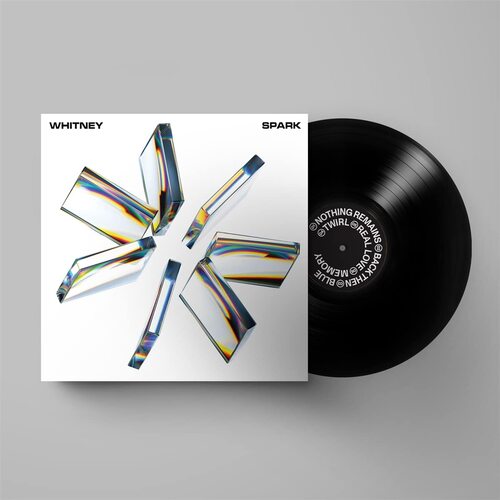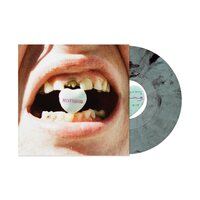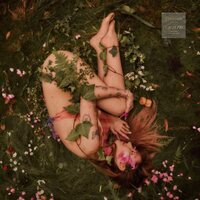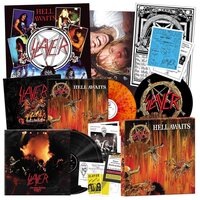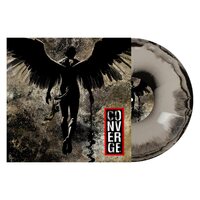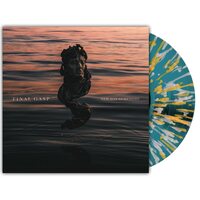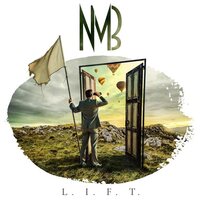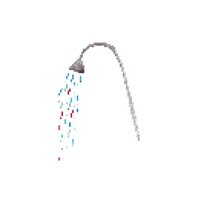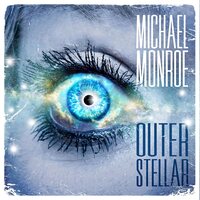Julien Ehrlich and Max Kakacek could hear the staggering differences in the songs they were writing for their third album as Whitney, SPARK the buoyant drum loops, the effortless falsetto hooks, the coruscant keyboard lines. They suddenly sounded like a band reimagined, their once-ramshackle folk-pop now brimming with unprecedented gusto and sheen. But could they see it, too? So in the ad hoc studio the Chicago duo built in the living room of their rented Portland bungalow, a shared 2020 escape hatch amid breakups and lockdowns, Julien and Max decided to find out. Somewhere between midnight and dawn every night, their brains refracted by the late hour and light psychedelics, they'd play their latest creations while a hardware store disco ball spun overhead and slowed-down music videos from megastars spooled silently on YouTube. Did their own pop songs-so much more immediate and modern than their hazy origins-fit such big-budget reels? "We'd come to the conclusion we weren't going to be filming Super 8 videos to this stuff anymore," Julien remembers with a grin. "How about something more hi-fi, cinematic?" When the footage and the tunes linked, Julien and Max knew they had done it, that they'd finally found Whitney's sound. SPARK reintroduces Whitney as a contemporary syndicate of classic pop, it's dozen imaginative and endearing tracks wrapping fetching melodies around paisley-print Dilla beats and luxuriant electronics. What's more, Whitney reduces three years of extreme emotional highs and lows into 38 brisk but deep minutes, each of these 12 tracks a singable lesson in what it is they (and, really, we) have all survived. The recalcitrant ennui of opener "NOTHING REMAINS," the devastating loss of "TERMINAL," the sun-streaked renewal of "REAL LOVE": However surprising it may sound, SPARK is less a radical reinvention for Whitney than an honest accounting of how it feels when you move out of your past and into your present, when you take the next steps of your lives and careers at once and without apology. SPARK maintains the warmth and ease of Whitney's early work; these songs glow with the newness of now. Listen closely, and you'll notice frequent references to smoke and fire throughout SPARK, itself a double entendre for inspiring something new or burning down the old. Max and Julien were indeed in Portland for the Fall of 2020, when smoke from nearby fires choked the city at record levels. It was terrifying and tragic, but they pressed on. "We found a way to live while the world was burning/Real life was caving in," Julien sings almost merrily during "BACK THEN," an anthem for finding out what's on the other side of hardship. In these dire days, scientists speak increasingly of serotiny, an evolutionary miracle that causes some trees to release seeds only amid a season of fire. That is how SPARK often feels-Whitney's circumstances were so fraught on so many levels that they hung "the past... out to dry" and began again, finding a fresh version of themselves, their relationship, and their band after the blaze. Max and Julien are back in Chicago now, sharing a cozy walkup with a little studio, where they're already building songs for the next Whitney album. They're both in happy romances, too. Now that they let the past burn, everything is new for Max and Julien. SPARK is not only Whitney's best album; it is an inspiring testament to perseverance and renewal, to best friends trusting each another enough to carry one another to the other side of this season of woe.
Release date:
September 16, 2022
Label:
Install our app to receive notifications when new upcoming releases are added.

Recommended equipment and accessories
-

Turntables - Top Picks
A selection of reliable record players you can buy today, for every budget
-

Nobsound Little Bear T7 Tube Preamp
Delivers rich, warm audio through its high-quality vacuum tubes, featuring multiple inputs and adjustable gain
-
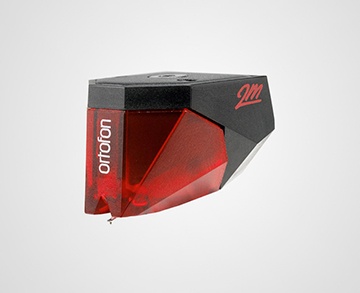
Ortofon 2M Red Cartridge
Features an elliptical stylus that accurately tracks the grooves of vinyl records, delivering a rich, detailed sound with an output voltage of 5.5 mV
-

Cartridges - Top Picks
A selection of turnatble cartridges that provide great performance and sound quality
-

Vinyl Care - Top Picks
A selection of accesories to keep your turntable equipment & vinyl records in the best shape
Featured Upcoming Vinyl
-

Nothing A Short History of Decay (Gray)
Run For Cover
February 27, 2026 -

The Academy Is Almost There (White)
I Surrender (BFD)
March 27, 2026 -

Peach PRC Porcelain Mother of Pearl
Casablanca/Republic Records
March 20, 2026 -

Slayer Hell Awaits [3xLP]
Metal Blade
May 15, 2026 -

Robber Robber Two Wheels Move The Soul
Fire Talk Records
April 3, 2026 -

GUM Blue GUM Way
KGLW - Pdoom
March 6, 2026 -

Fever Ray Fever Ray (Numbered)
Mute
March 20, 2026 -

Earth Tongue Dungeon Vision
In The Red Records
February 27, 2026 -

Converge Love Is Not Enough
Deathwish Inc
March 13, 2026 -

Final Gasp New Day Symptoms
The Orchard
February 27, 2026 -

The Neal Morse Band L.I.F.T. [2xLP]
Inside Out Music
February 27, 2026 -

Florist Holdly (10 Year Anniversary Edition; Blue Splatter)
Double Double Whammy
February 20, 2026 -

Michael Monroe Outerstellar
Silver Lining Music
February 20, 2026 -

Varials Where The Light Leaves
Fearless Records
March 13, 2026
